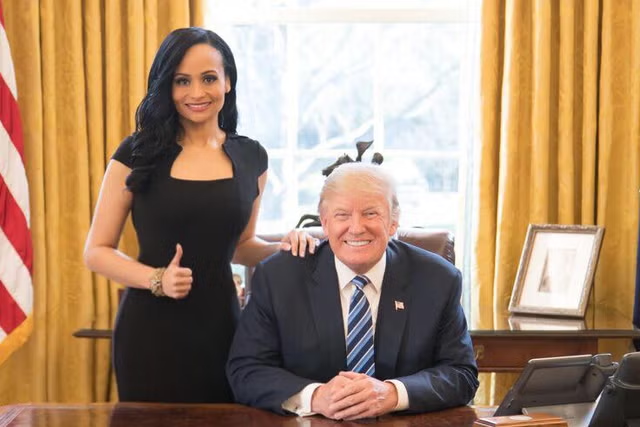The Democratic Party is one of the two major political parties in the United States, with origins dating back to the early 19th century, making it the world’s oldest active political party. Historically, the Democratic Party represented agrarian interests, Southern slaveholders, and the working class. However, its base and ideological positions have evolved significantly over the past several decades.
By the early 20th century, the Democratic Party began to transform, especially under the influence of progressive leaders like Woodrow Wilson. The New Deal era, led by President Franklin D. Roosevelt in the 1930s, marked a pivotal shift towards liberal ideologies, emphasizing social welfare, labor rights, and federal regulation of the economy.
The decline in Democratic support comes at a crucial time as both parties intensify their efforts to secure votes before Election Day. Analysts suggest that concerns about the economy, inflation, and dissatisfaction with the Biden-Harris administration’s handling of domestic issues may be driving voters away from the Democratic Party. The poll indicates that Republicans could benefit from a surge in party loyalty and enthusiasm, while Democrats face the challenge of energizing their base and reclaiming independents who are increasingly leaning toward the GOP.
The Wall Street Journal, meanwhile, released poll results on Friday surveying swing state voters for the 2024 election. While overall figures suggest a tightly contested race, the detailed breakdown in a key traditionally Democratic swing state reveals a different narrative. The survey covered seven states, including Nevada, which Hillary Clinton won in 2016 and President Joe Biden in 2020. In both elections, former President Trump came close to victory but fell short.
This time, Trump may finally secure a win, which would likely severely damage Vice President Kamala Harris’s chances. Polling 600 Nevada voters from September 28th to October 8th, Politico reported that Trump leads Harris 47% to 42%, a margin just within the poll’s 5-point error range. Other pollsters are expected to quickly conduct their own surveys to determine if a significant shift is occurring.
Las Vegas, a liberal stronghold, has positioned Nevada as a crucial Democratic stronghold in presidential elections, having last voted Republican during former President George W. Bush’s 2004 victory. The city is approaching majority-minority status, meaning that most voters in Las Vegas identify as nonwhite. This demographic shift has continued to grow in recent years, making Trump’s lead even more significant and highlighting that, despite facing the first female presidential candidate of color from a major party, he is still performing exceptionally well within minority communities.



